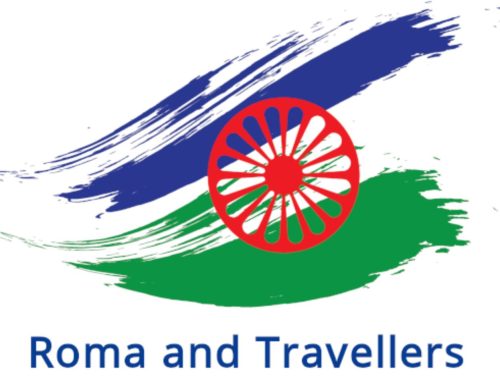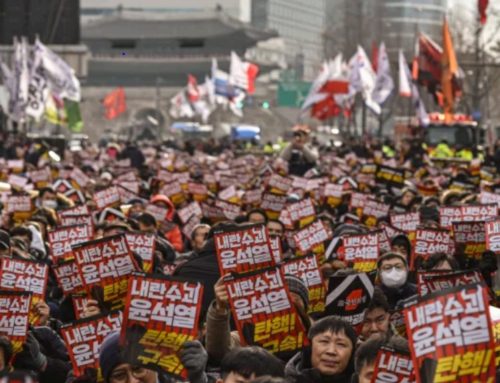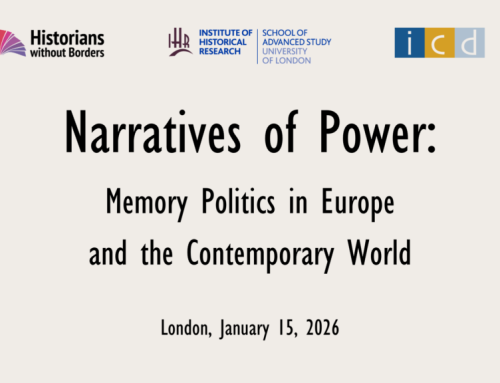30 participants gathered in the historical city of Wroclaw between 18 th -21st July for the
second meeting of Making Visegrad Histories Digital Erasmus+ project. The event was
hosted by the University of Wroclaw at the University Library on the bank of the River
Odera.
The primary aim of the meeting was to share the progress of the digital modules prepared
by the educators of the project. During the two-day event, more than 12 authors introduced
their work of learning activities concentrating on 9 historical aspects of the communist past
of 1945-1989. The topics included propaganda, media, censorship, economy and agriculture,
everyday life, culture, environmental movements, the 1956 revolution, the 1968 Prague
Spring and terminology.
Authors of the modules introduced their work and shed light on interesting perspectives of
the communist past. Participants listened to stories of Sztálinváros (Stalin town in Hungary),
the surveillance of illegal scout leader György Rozgonyi, panel blocks, playgrounds, banned
rock music and several other histories of the Visegrad countries.
Juraj Varga and Andreas Holtberget, chief coordinators of the project shared the time
schedule and upcoming milestones. As a next step, didactic advisors, historians and
reviewers suggested further historical sources and gave valuable feedback to the content,
format and tasks of the digital modules in the process of development. Modules will appear
on Historiana, open access virtual learning environment of EuroClio.
The project initiated a collaboration between memory institutes of the region in the field of
historiographic terminology applicable in primary and secondary level education.
Organisations of the Hungarian Historical Society, the Committee of National Remembrance
(NEB) and the Research Institute and Archives for the History of the Hungarian Regime
Change (RETÖRKI) collaboratively edited a report in the field of terminology as a product of
an expert seminar organised in Budapest. The report of debated terminology was introduced
by Dr. Éva Petrás, researcher of NEB and Richard Fodor, Hungarian coordinator of the
project. The presenters also facilitated open discussion in the subfields of economy, political
system and transition with the participation of Dr. Franciszek Dąbrowski from the Polish
Institute of National Remembrance (IPN) and Dr. Łukasz Kamiński from the University of
Wroclaw who shared Polish historical perspectives. The remarks included the nature of
‘Lingua Securitatis’, the specific language of the communist system coming from the Soviet
Union.
In the following months participants of the project will continue finalising the digital
modules, recording video lectures and preparing for dissemination.
You can read more about the project here: https://euroclio.eu/projects/making-visegrad-history-digital/
Written by: Richárd Fodor, Hungarian Historical Society Teacher Division













